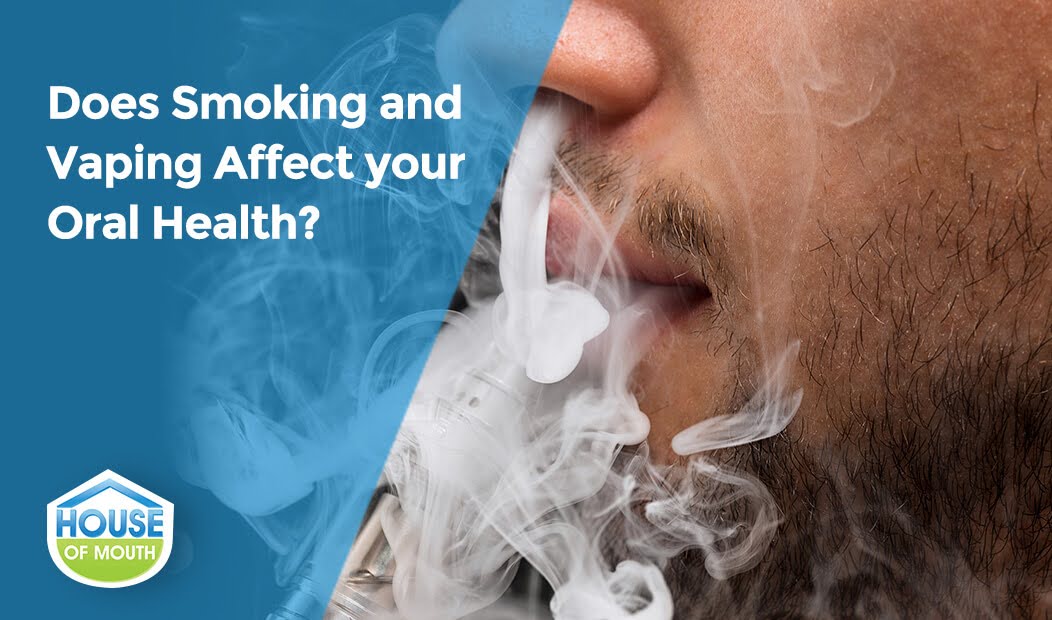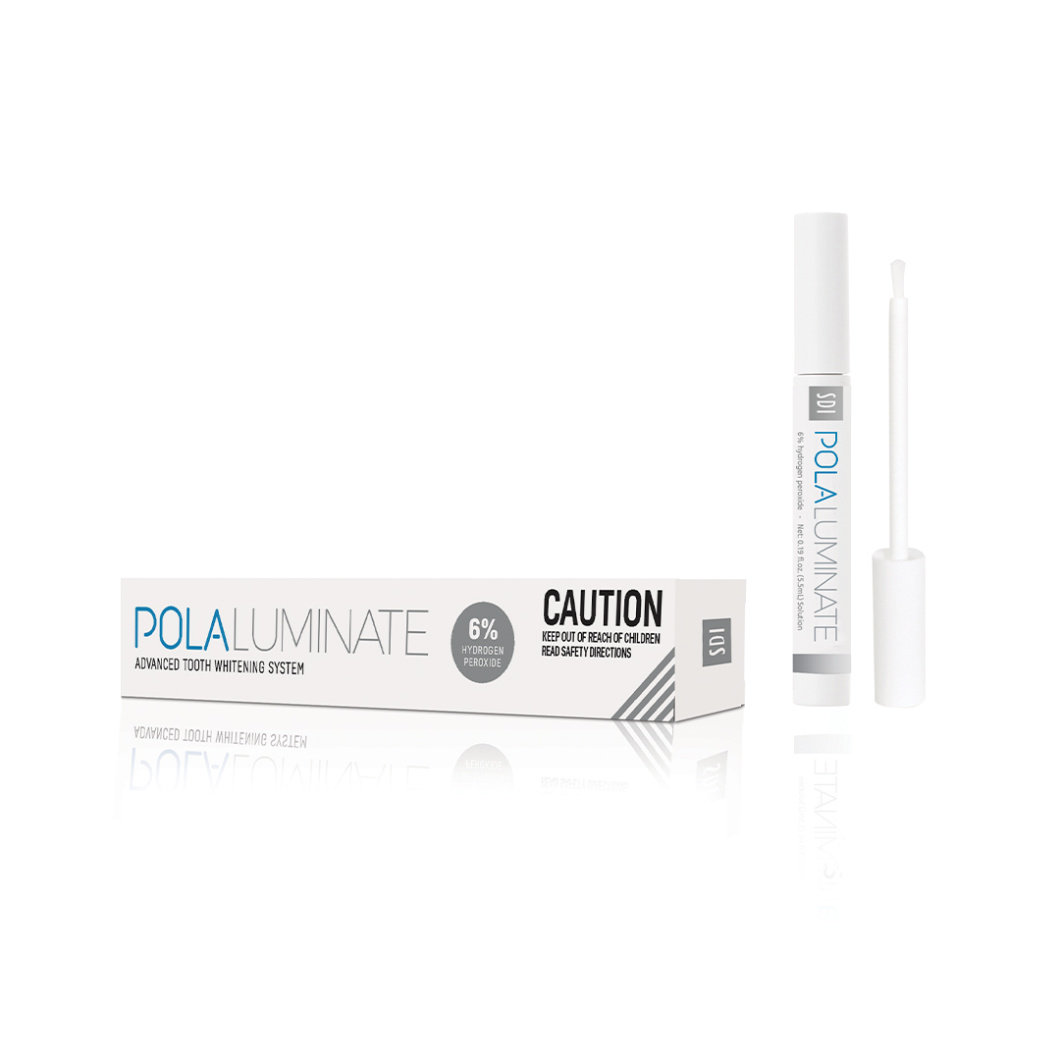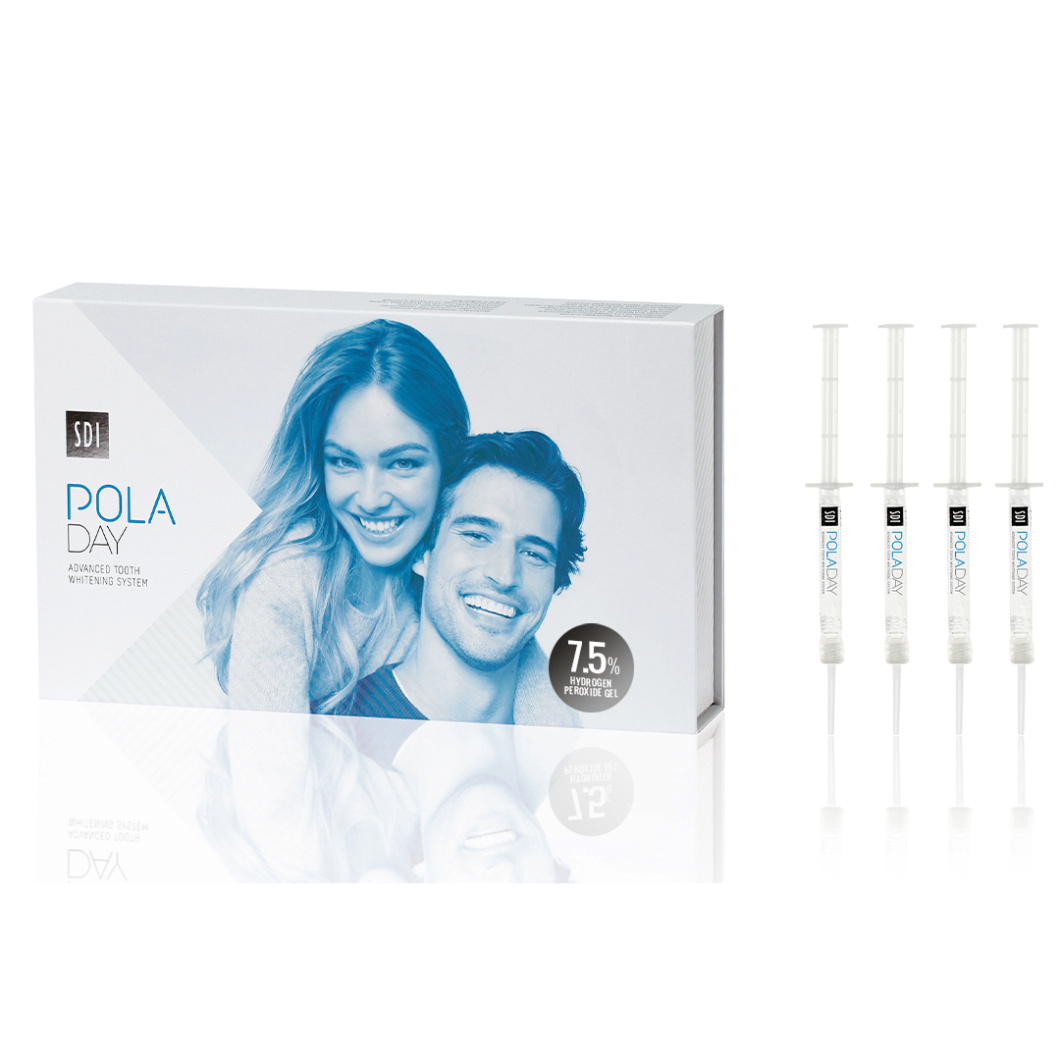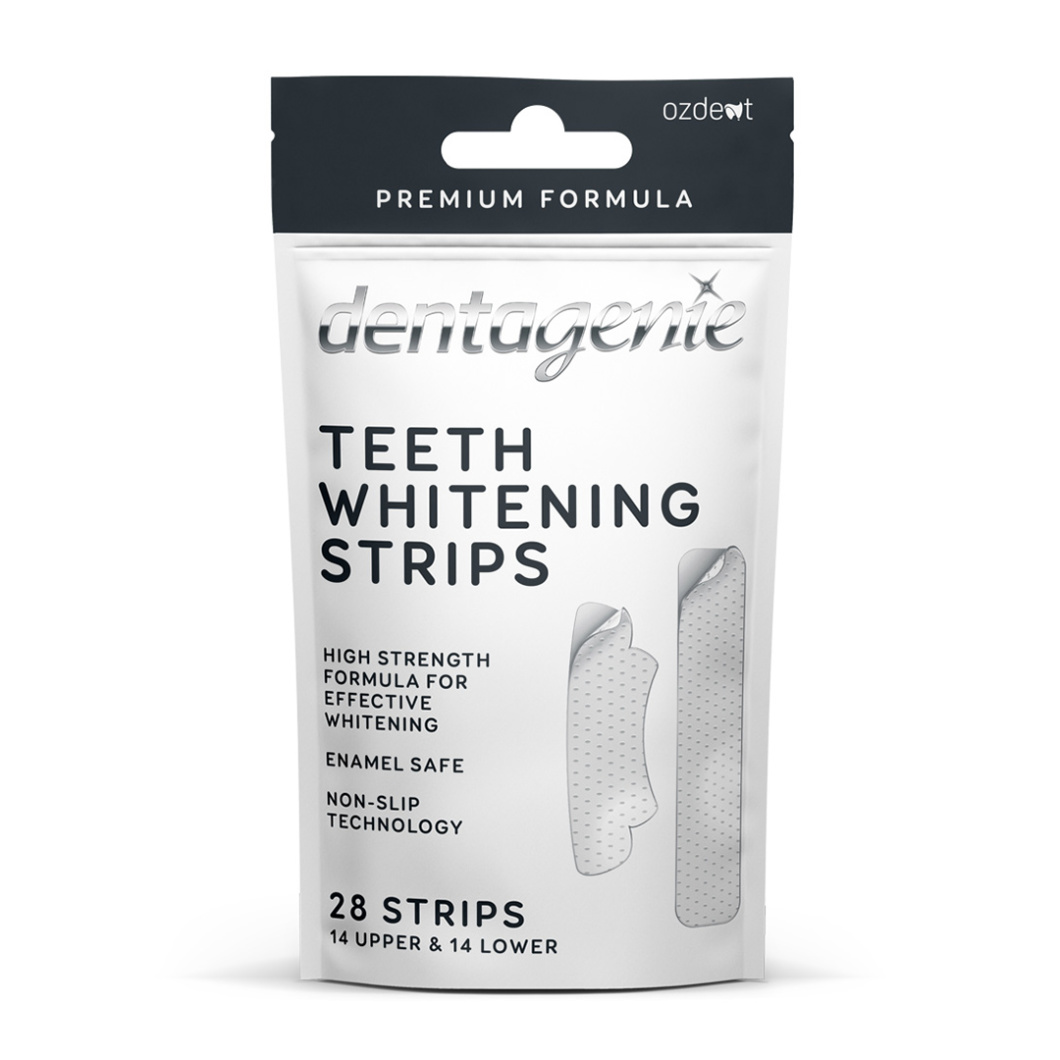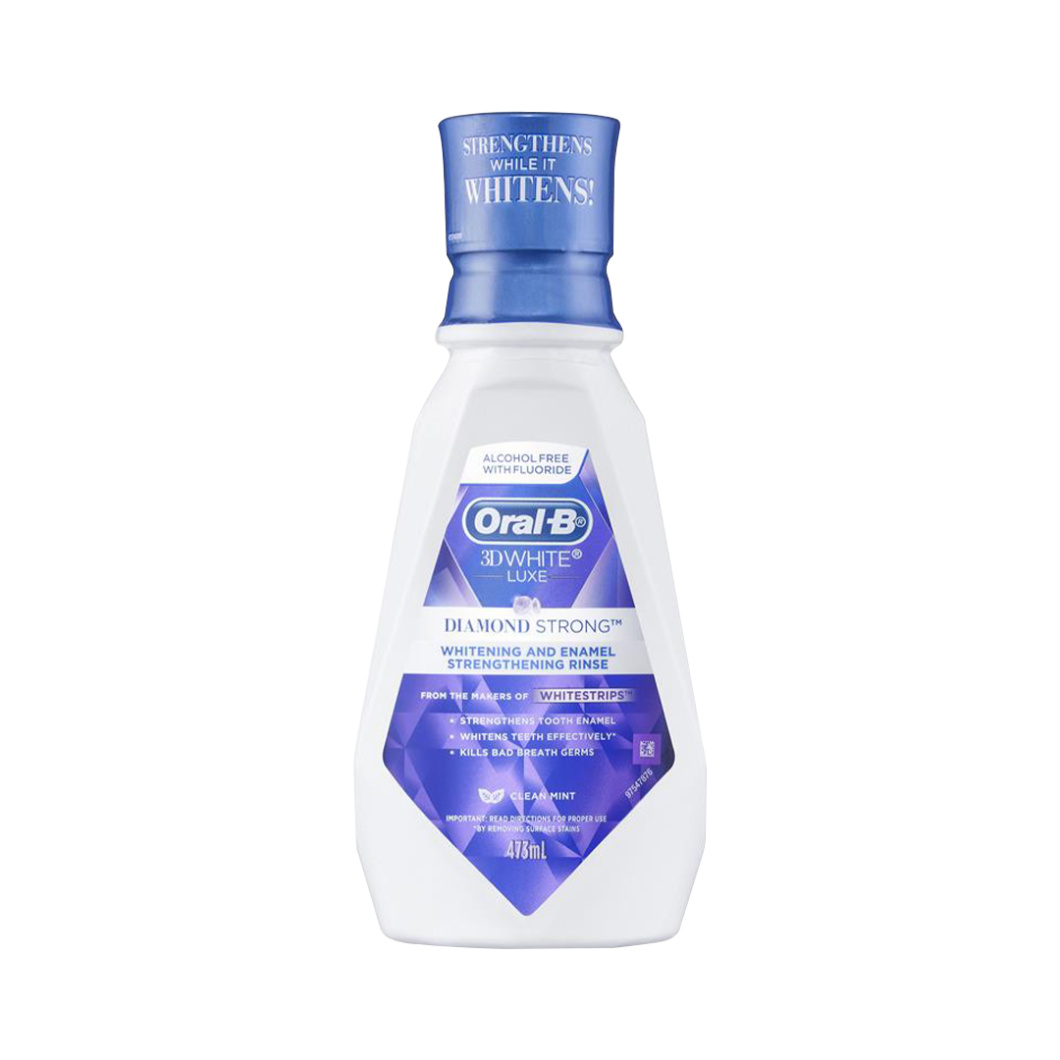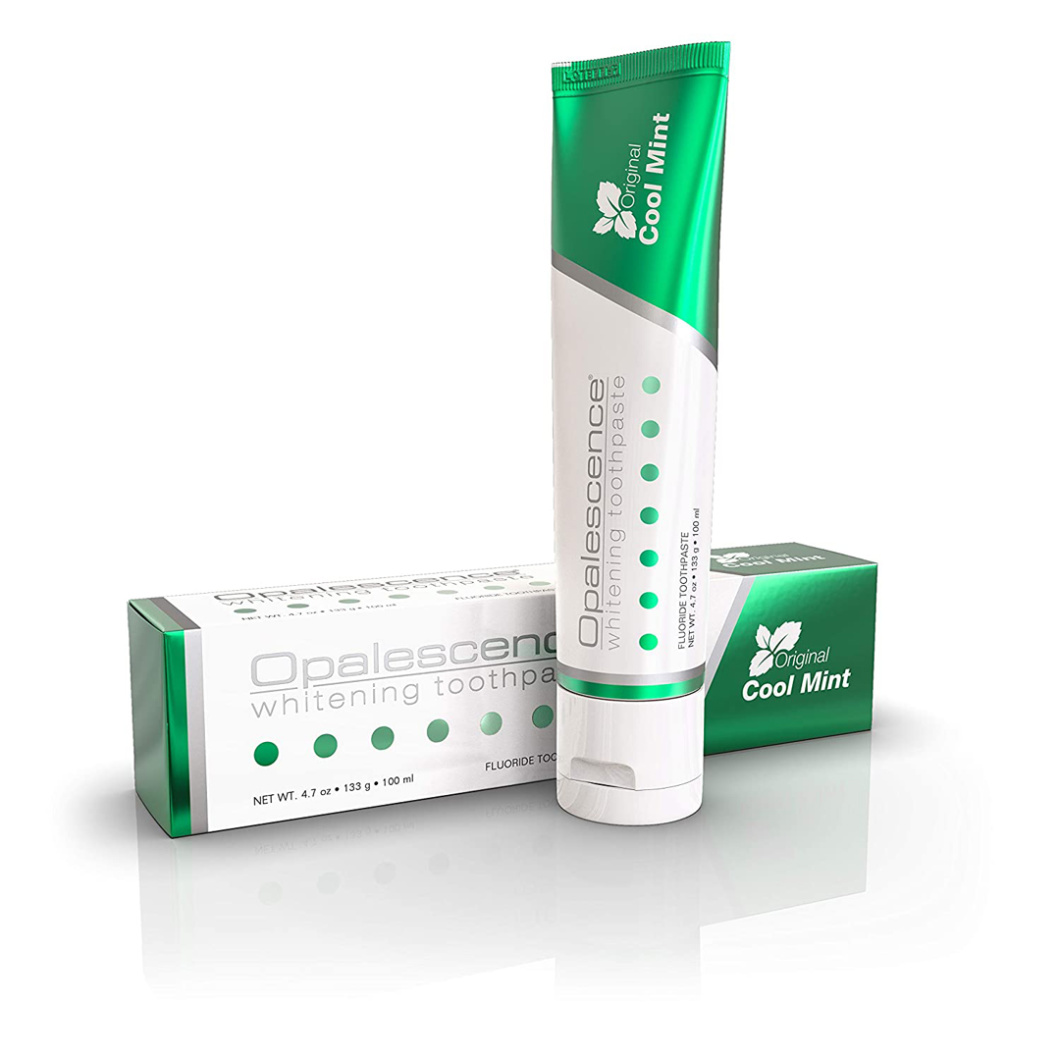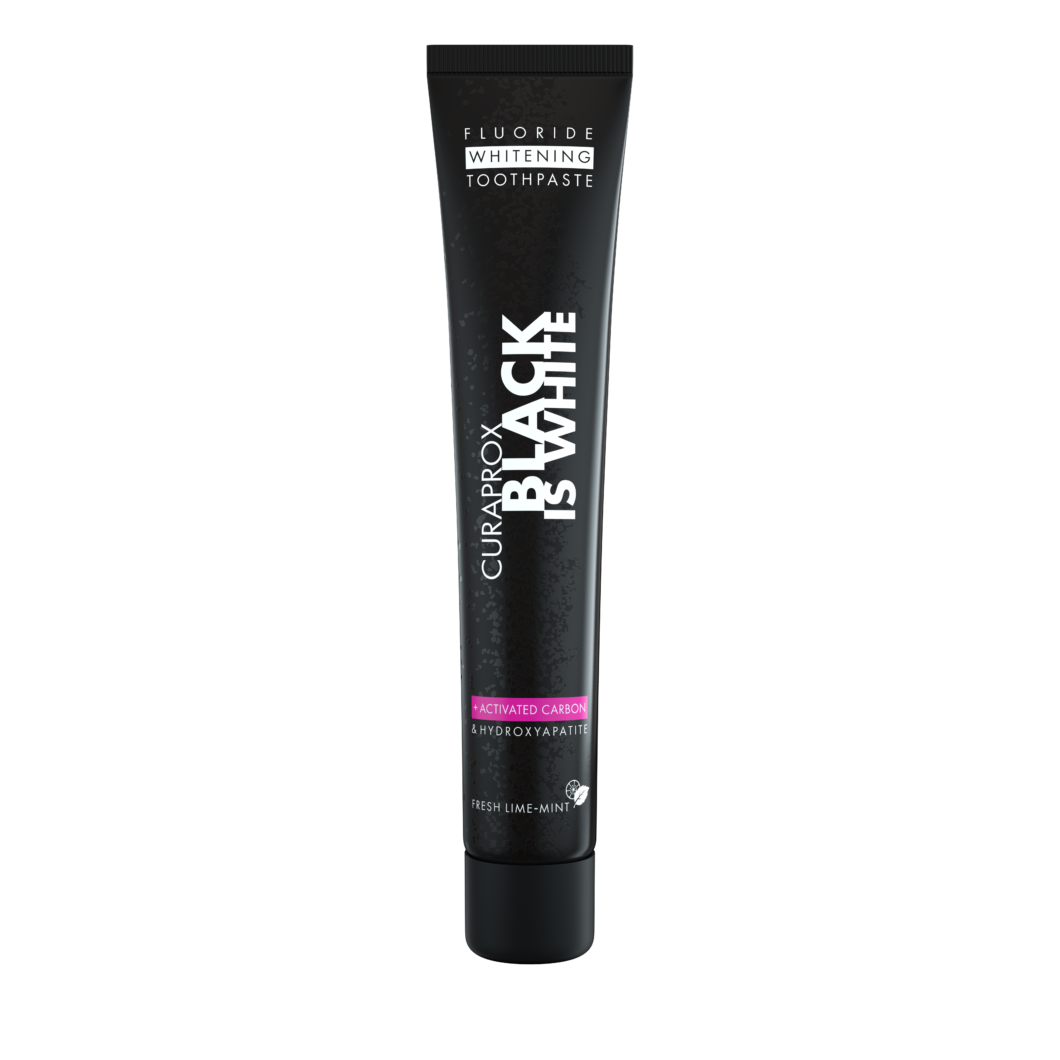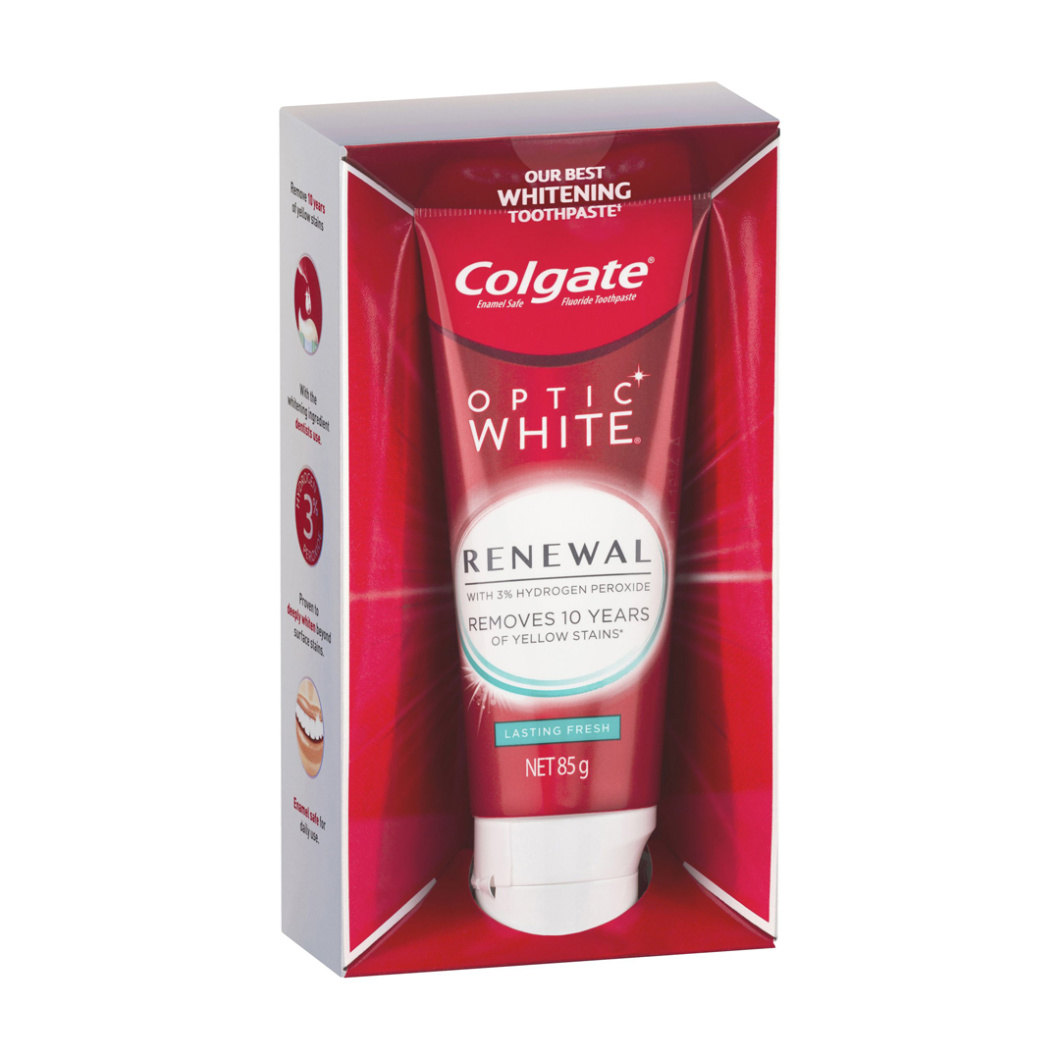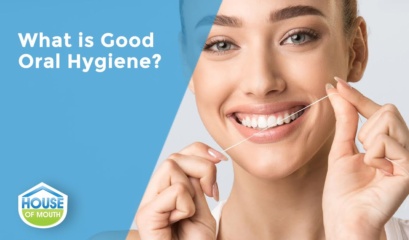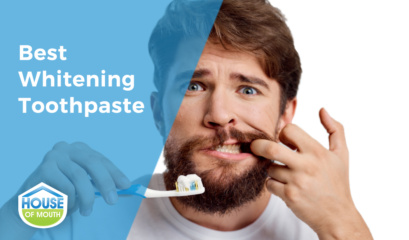Smoking and vaping, widespread habits with well-documented health risks, do in fact significantly impact oral health.
From the notorious smokers’ teeth to the potential for gum disease and beyond. Whether you’re a smoker, a vaper, or simply curious about the effects of these habits, understanding their impact is crucial for maintaining not just oral health but overall well-being.
How Does Smoking Affect Your Teeth?
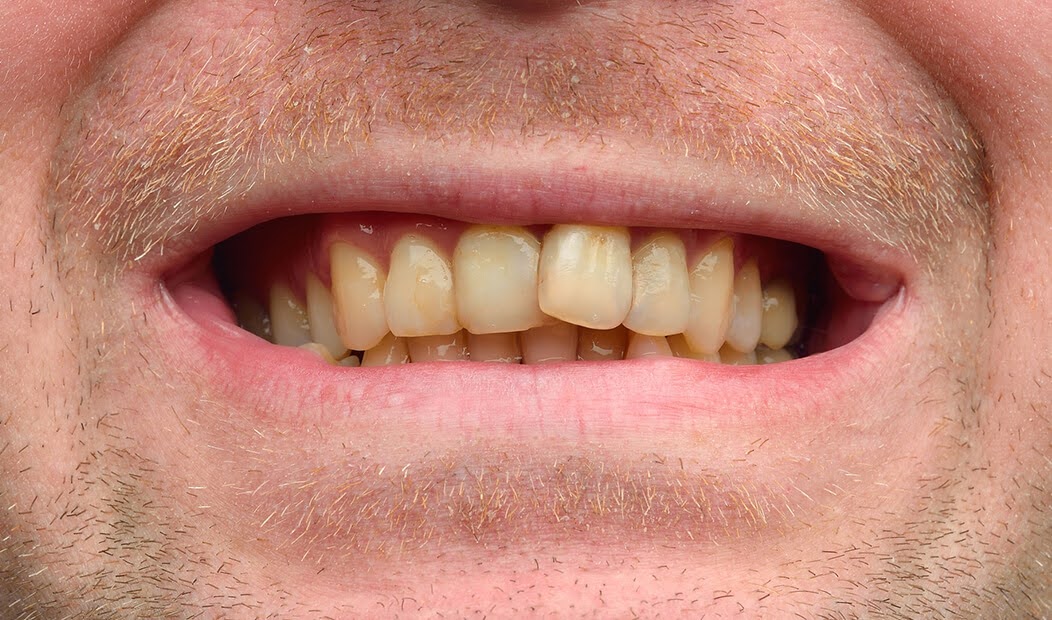
At first glance, smokers’ teeth often present themselves through a distinctive yellow or brown discoloration. This staining is the result of nicotine and tar in tobacco, which adhere to the enamel and penetrate its pores.
However, the aesthetic concerns are just the tip of the iceberg. Smoking accelerates plaque accumulation and tartar build-up, setting the stage for tooth decay and cavities. These conditions are not merely superficial; they can compromise the tooth’s integrity and overall oral health.
Furthermore, the risk of oral cancer skyrockets with tobacco use. Smokers expose themselves to a cocktail of over 7,000 chemicals, including numerous carcinogens, increasing the likelihood of developing life-threatening tumours in the mouth and throat.
Smoking and Gum Disease
The impact of smoking extends deep into the gums, significantly elevating the risk of gum disease—a condition that can lead to tooth loss and requires comprehensive dental intervention.
Smoking disrupts the normal function of gum tissue cells and impairs blood flow, making smokers more susceptible to infections like periodontal disease.
Early signs of gum disease include redness, swelling, and bleeding during brushing or flossing. Over time, the condition can escalate, causing the gums to pull away from the teeth and form deep pockets where bacteria thrive. The ultimate consequence of unchecked gum disease can be the deterioration of the bone structure supporting the teeth, leading to their eventual loss.
Can You Whiten Smokers' Teeth?
The stains left by smoking penetrate deep into the enamel, making them more stubborn than those caused by food or drink.
These intrinsic stains bind to the tooth enamel and, over time, can become resistant to traditional whitening methods. The repeated exposure to tar and nicotine means that without cessation, even successfully whitened teeth can quickly discolour again, presenting a cycle that’s hard to break.
What About Vaping?
Comparatively, vaping does not produce tar or contain the same harmful carcinogens found in traditional cigarettes, which are notorious for causing stains and decay. While the full extent of vaping’s effects on oral health is still being researched, it’s clear that it is not without consequences.
The absence of smoke does not equate to safety, as the chemicals in vaping liquids can still affect oral health, albeit in different ways than smoking.
Effects of Vaping on Oral Health
Dry mouth: Many vaping liquids contain propylene glycol, which can lead to dry mouth. Saliva is crucial for neutralising acids and washing away food particles. A reduction in saliva can increase the risk of tooth decay and gum disease.
Gum inflammation: The chemicals in vape juice can irritate gum tissue, leading to inflammation. Symptoms might include redness, swelling, and tenderness around the gums. Prolonged vaping can exacerbate these symptoms, leading to more severe gum problems over time.
Damage to oral tissues: The heating element in e-cigarettes can contribute to cellular damage in the mouth, affecting the integrity of oral tissues. This damage can increase susceptibility to infections, ulcers, and in some cases, lead to more serious conditions.
For those concerned about oral health, the best course of action is to avoid vaping or, at the very least, understand and mitigate its risks through regular dental care and hydration.
Recommended Teeth Whitening Methods for Smokers and Vapers
Despite these challenges, there are effective ways to combat smokers and vapers teeth stains:
Professional Dental Treatments
For deep-set stains, professional whitening treatments are the most effective option. Dentists can use stronger bleaching agents than those available over the counter, providing significant whitening results in a controlled environment. Techniques such as laser whitening can offer immediate improvements.
At-Home Whitening Kits
For those looking for a less intensive approach, at-home whitening kits can also be beneficial. Look for products specifically designed to tackle tough stains, but be mindful to follow the instructions closely to avoid damaging your enamel.
-
- Select options This product has multiple variants. The options may be chosen on the product page
$59.99Original price was: $59.99.$48.00Current price is: $48.00. -
- Select options This product has multiple variants. The options may be chosen on the product page
$123.00Original price was: $123.00.$79.00Current price is: $79.00. -
- Select options This product has multiple variants. The options may be chosen on the product page
-
- Select options This product has multiple variants. The options may be chosen on the product page
$128.00Original price was: $128.00.$115.00Current price is: $115.00. -
- Select options This product has multiple variants. The options may be chosen on the product page
Routine Dental Hygiene
Regular brushing and flossing, along with the use of whitening toothpaste, can help remove surface stains and prevent new ones from forming. Incorporating an antiseptic mouthwash can also assist in controlling tar and nicotine residues that contribute to staining.
-
- Select options This product has multiple variants. The options may be chosen on the product page
-
- Select options This product has multiple variants. The options may be chosen on the product page
-
- Select options This product has multiple variants. The options may be chosen on the product page
-
- Select options This product has multiple variants. The options may be chosen on the product page
-
- Select options This product has multiple variants. The options may be chosen on the product page
Stop Smoking and Vaping
Ultimately, the most effective way to stop the staining and prevent further damage to your teeth and gums is to quit smoking. Not only will this benefit your oral health, but it will also improve your overall well-being.
Tips for Minimising Damage
Maintaining a serious oral hygiene routine is fundamental in combating the adverse effects of smoking and vaping. Brushing twice a day with fluoride toothpaste, flossing regularly, and using an antibacterial mouthwash can help reduce plaque buildup, prevent gum disease, and fight bad breath. Additionally, staying hydrated, especially if you vape, can counteract the dry mouth effect and support saliva production, which is vital for neutralising harmful acids and cleaning the mouth.
Making regular visits to the dentist for check-ups and cleanings is crucial. These appointments allow for early detection of potential problems, such as cavities, gum disease, or oral cancer, and provide an opportunity for professional cleanings that remove tartar and stains more effectively than at-home care alone.


